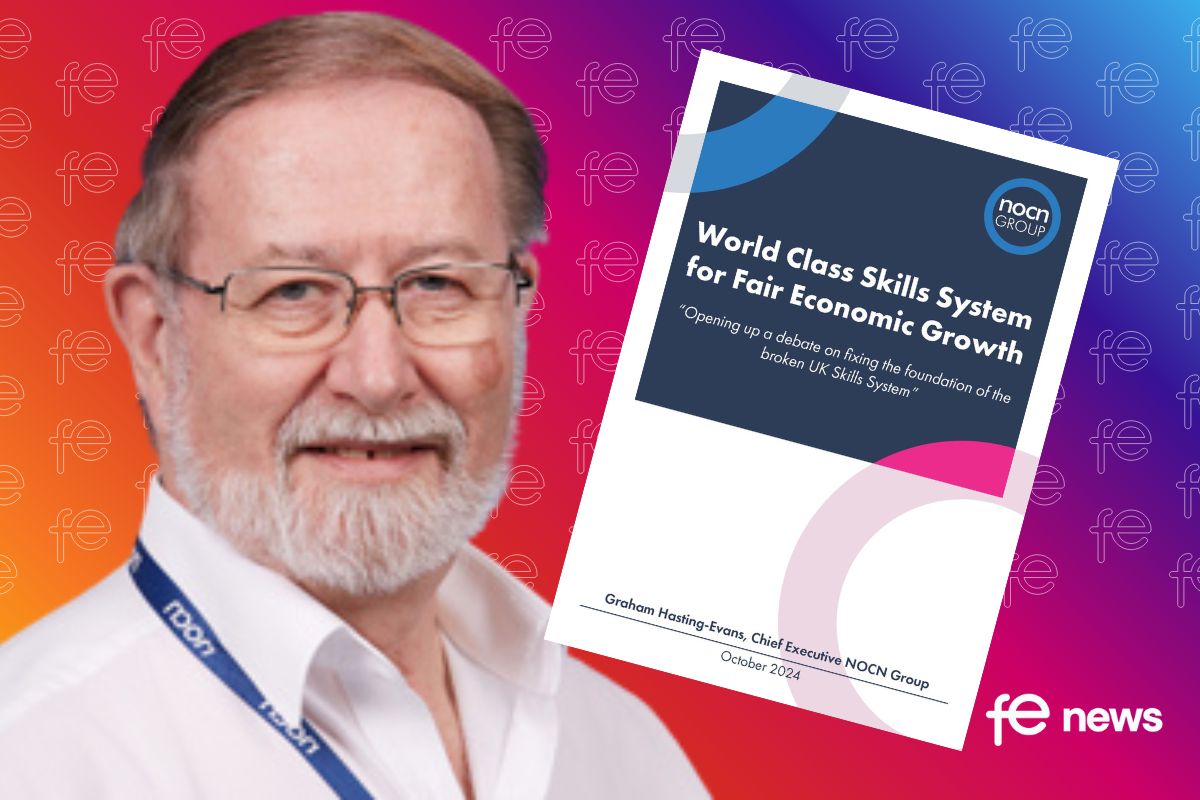The newly released report by NOCN Group, a UK-based international non-profit and skill solutions provider, has been the talk of the town lately. The document, crafted by the CEO of the Group, Graham Hasting-Evans, is focused on a significant aspect of our economy – the “World Class Skills System for Fair Economic Growth”.
This report is no ordinary academic paper; it’s a call for serious discourse on mending the basics of a ‘fractured’, ‘ineffective’ UK Skills System, a system Graham claims is responsible for the equitable, green, and fair economy that encourages everyone’s progress. He puts forth the crucial role of enhancing the proficiency and productivity of the UK’s total workforce in stimulating economic expansion.
The report has been hailed by many for its comprehensive take on the topic. Ben Rowland, the CEO of the Association of Employment and Learning Providers (AELP), pointed out that the document provides a fresh perspective by evaluating the entire Skills System and how it can be improved. He sees the policy framework and the suggested organisational structure, proposed in the report by NOCN, as crucial reading materials for everyone in this sector. He stresses their importance, especially against the backdrop of fragmentation and diluted ambition.
Rowland also emphasizes that this report is an essential contribution to the future of the Skills System not just for England, but for the entire UK. Simultaneously, Hasting-Evans concedes that although the Government’s planned establishment of Skills England and the Growth & Skills Levy shows progress, it’s not enough. He argues that we need a more detailed, ‘whole systems approach’ grounded in economic policy.
According to him, this refined system should ensure that the entire UK workforce has highly efficient, digitally adept, and globally transferable skills that rank among the world’s best. It should aim to attain high levels of gainful employment and lessen the dependence on immigration for fulfilling skill gaps, recognising that the global economy necessitates the healthy needed movement of people between countries.
He further states that this system should be globally recognized for its world-class occupational standards, competency frameworks, and skill development programs. The system should allow individuals to continually improve their skills and enable industry sectors to have the competent workforce they need to drive a circular economy.
Hasting-Evans further illuminates the current challenges where we see high numbers of people of all ages who did not return to work post the Covid-19 pandemic lockdown, along with a growing number of individuals under the age of 24 who are ‘not in education, employment, or training’ (NEETs). He points out that due to these confused and fragmented skills and education policies, we lack a robust UK Skills System that enables individuals and organisations to prosper, and the UK to achieve its potential.
His proposed solution? Setting up a Skills System that is designed on the basis of UK-wide collaboration of all stakeholders and recognizing the significance of consistent delivery devolution.
To make it work, the CEO says we must possess the ambition, policy, and commitment to implement the necessary changes. This focused approach should primarily cater to educating our young people to join the workforce and continually upskill that workforce to harness the economic advantages of tech innovation and transition to Net-Zero.
NOCN Group invites stakeholders to voice their opinions in debates on the future of the UK Skills System with the aim of molding and implementing it. This report is a significant step towards a system-wide improvement and encourages necessary dialogue and collaboration.




